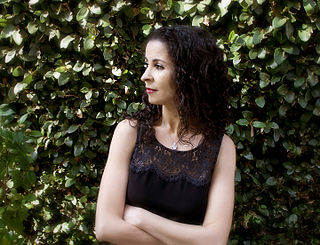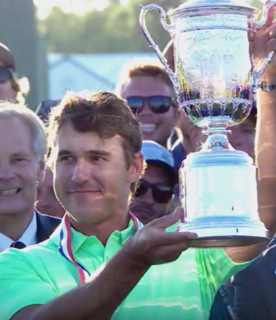A Quote by Salman Rushdie
When I was growing up, everyone around me was fond of fooling around with words. It was certainly common in my family, but I think it is typical of Bombay, and maybe of India, that there is a sense of play in the way people use language.
Related Quotes
I feel like in the reading I did when I was growing up, and also in the way that people talk and tell stories here in the South, they use a lot of figurative language. The stories that I heard when I was growing up, and the stories that I read, taught me to use the kind of language that I do. It's hard for me to work against that when I am writing.
I think growing up, we always try to make sense of who we are, what we go through, and I grew up in a very religious household. I interpreted what was wrong with me through religious language and I concluded, probably because of a combination of forces around me, that there was something in me that God didn't like or was unhappy with. Since these problems were in large part congenital, that meant that I was doomed from the beginning. I didn't have a chance.
I use the [vulgar] words because apparently these words do not corrupt morally. I'm from the street in New York, hung around in a tough neighborhood. It was common to curse, you make your point. It's a very effective language. I try not to overdo it. It's never to shock. I know where it fits, it's never to shock. There's no shock value left in words.
Being a slow reader would normally be a deficiency; I found a way to make it an asset. I began to sound words and see all those qualities - in a way it made words more precious to me. Since so much of what happens in the world between human beings has to do with the inconsideration of language, with the imprecision of language, with language leaving our mouths unmediated, one thing which was sensuous and visceral led to, in the use of language, a moral gesture. It was about trying to use language to both exemplify and articulate what good is.
To demarcate [words in way that changes the meaning] is simply to speak a different language than everyone else. And I do not accept semantic games like that. [...] We need to use words as they are actually used and understood. We can correct errors and inconsistencies and make distinctions. But we can't try to foist an alien language on people.
To me, when one is writing sometimes about a very specific subject with very specific people, I feel like if that story doesn't cross over, it's not working. That's very beautiful to me, to be sitting in Berlin and there's an actor reading my book in German. I don't even know what's going on, except I know to feel my own rhythms in another language and say, "If this is going well, I think everyone should laugh around now." Then maybe there's laughter, and for me, it reminds me of how story can move around the world.
When I was a child, I was reading books filled with people different from me, all French, all foreigners. There was a sense of disconnect between my sense of imagination and the world around me, which I don't think is common for Americans. It forces you to learn to look at the world through other people's eyes.






































